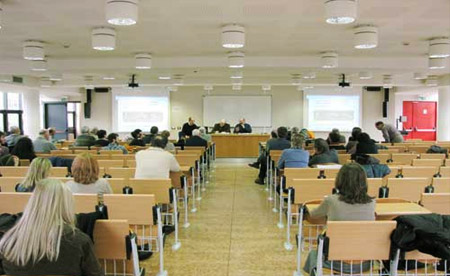International relations theories have increasingly been used to analyze Rome’s power growth in the Hellenistic Mediterranean. In recent times, the scholarly debate has argued in favour of applying the concept of unipolarity to the Eastern Mediterranean political system in the years between the Peace of Apamea (188 BCE) and the destruction of Carthage and Corinth (146 BCE). In this regard, Rome has been described as an emerging 'unipole', which has resources and capacity meaningfully superior to the other entities of the geopolitical system. Nevertheless, by focussing on Rome’s 2nd-century BCE military power, modern scholars have hitherto neglected to examine 3rd-century BCE Mediterranean multipolarity and its transition toward Roman unipolarity.
The project adopts an interdisciplinary approach to exploring interstate relations in the Mediterranean between the 3rd and 2nd centuries BCE. It aims to reveal the features of the Western and Eastern Mediterranean multipolarity before and during the emergence of Rome’s 'unipole'.
The research will use modern international relations theory to illuminate interstate relations and to challenge the view of a multipolar system as anarchic and self-destructive.







